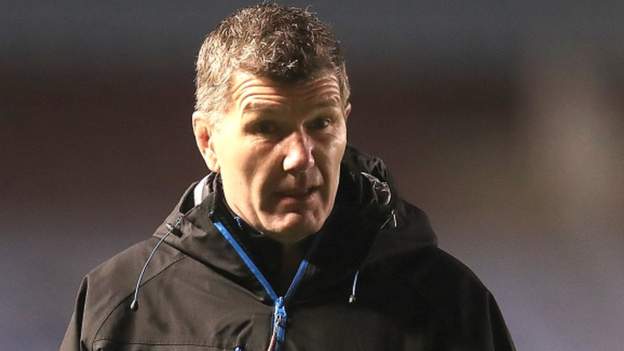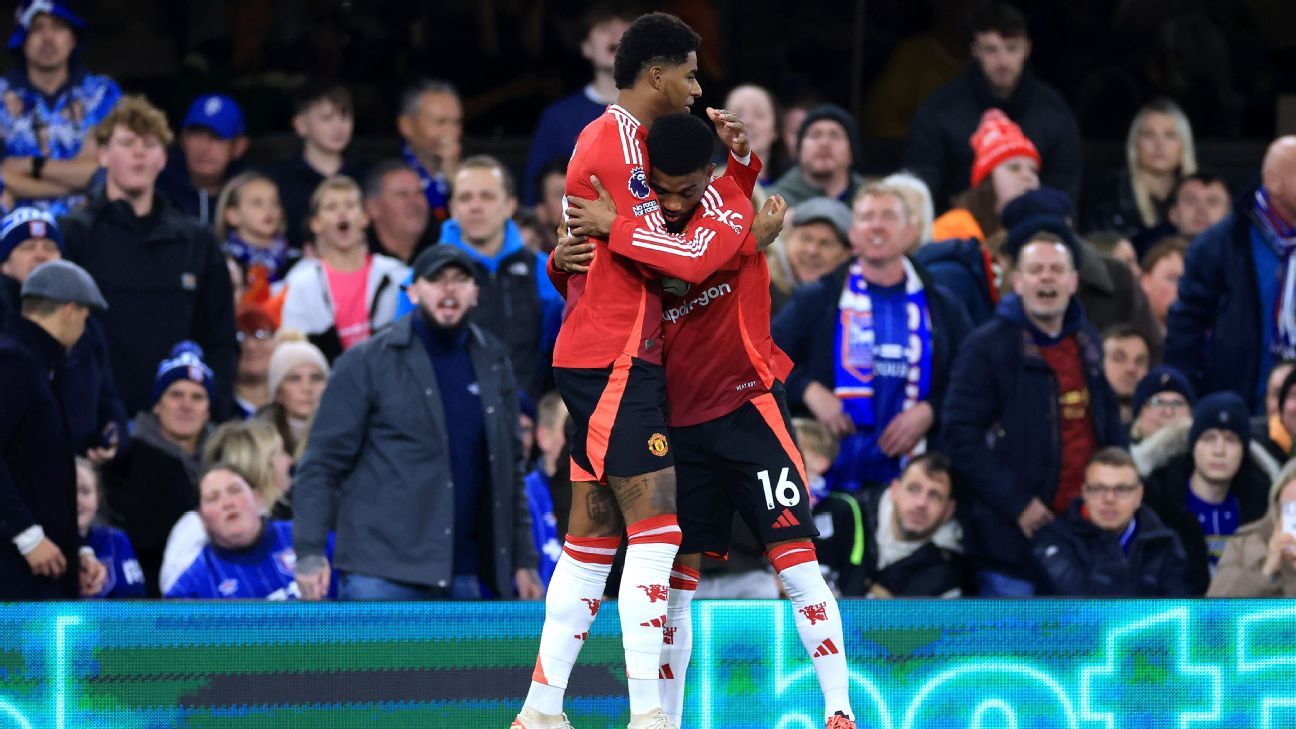
Exeter boss Rob Baxter says rugby is safer today that it was in the past.
They have been diagnosed with early-onset dementia which they claim was caused by head injuries while playing.
"What we can say with a lot of confidence is that rugby now is probably a leader in monitoring return to play safety practices around head injuries," Baxter told BBC Sport.
England World Cup winner Steve Thompson, one of the group of eight, says at the age of 42 he can no longer remember any games he played in that victorious 2003 campaign.
It is understood a letter of claim, amounting to millions of pounds in damages, will be sent next week to the governing bodies for English and Welsh rugby and World Rugby - and a group class action could follow.
"I think the one thing people in rugby can say with real confidence is that rugby is frontline as far as anything that goes around concussion management currently," added Baxter, whose side won the Premiership and European Champions Cup this year.
'So different to even 10 years ago'
Damian Hopley, chief executive of The Rugby Players' Association, has called for a change to the way players train as a result of the claim being lodged by Thompson and others.
But Exeter director of rugby Baxter and Northampton counterpart Chris Boyd both say their players rarely take part in full-contact training during the season and that players' cognitive function is closely monitored.
"We train BOB - bone on bone - [but] we only do two blocks, 90 seconds a week. There's a lot of science that goes into volume, intensity, accelerometers for speed and collisions," Boyd said.
Baxter added."At every stage a player has to show that they're functioning at the very minimum to the cognitive function they started the season with, and that's regardless of anything else we do around the HIA [head injury assessment] scenario in games, how you monitor players during training and how we return them to play.
"How these things are monitored, treated and looked after is so different to even 10 years ago, let alone 15 or 20 years ago.
"Sometimes as a sport we're very good at jumping on something and creating something huge.
"There's no reason not to have more discussion about this, but I think people are being a little disingenuous if they're not prepared to see the steps we have already taken, which are huge."
'Culturally no-one paid any attention to concussion'
Baxter's comments were echoed by Boyd, who has coached both in his native New Zealand and in the Premiership.
He says the way head injuries are treated today is unrecognisable from the early days of professionalism in the mid-1990s.
"Social attitude has changed a lot," he said. "I started coaching in 1988, and in those days when people got knocked out we would laugh about them, the fact they had got sparked out and their legs had gone away from them.
"Culturally no-one paid any attention to concussion; they would just throw water on them and tell them to get on with it.
"Players themselves through that period, inevitably in a march to personal success, often didn't acknowledge those symptoms they had.
"It's just such a different environment comparing 20 years ago to now. It is a physical sport and you do make your choice, but I think it's very much a safer game than it was then."















 Phone: (800) 737. 6040
Phone: (800) 737. 6040 Fax: (800) 825 5558
Fax: (800) 825 5558 Website:
Website:  Email:
Email: 






